Full Automatic Constant Pressure Variable Frequency Water Supply Equipment is a new generation of hi...
See DetailsMagnetic Drive Centrifugal Pumps: Pioneering Leak-Free Solutions for Critical Industrial Applications
Industry News-In an era where operational safety, environmental compliance, and maintenance efficiency are paramount, magnetic drive centrifugal pumps have emerged as a transformative technology in fluid handling. Combining the reliability and efficiency of centrifugal pumping with the leak-proof benefits of magnetic drive technology, these pumps are redefining standards across industries handling corrosive, hazardous, or sensitive liquids.
What Are Magnetic Drive Centrifugal Pumps?
Magnetic drive centrifugal pumps are a specialized class of seal-less pumps that use a magnetic coupling to transfer torque from the motor to the impeller without the need for a traditional shaft seal. Unlike conventional centrifugal pumps, which rely on mechanical seals prone to wear and leakage, magnetic drive centrifugal pumps maintain a hermetic seal via a non-contact magnetic coupling separated by a containment shell.
The centrifugal pumping mechanism efficiently imparts velocity to the fluid, converting it into flow and pressure, while the magnetic coupling ensures zero fluid leakage. This unique combination offers safety and reliability, especially when handling aggressive, toxic, or volatile fluids.
Advantages Driving Industry Preference
Magnetic drive centrifugal pumps offer a compelling range of benefits:
Elimination of seal leakage: The hermetically sealed design prevents leaks of hazardous fluids, enhancing workplace safety and environmental protection.
Reduced maintenance costs: With no mechanical seals to wear out or replace, downtime and maintenance expenses are significantly decreased.
Improved operational reliability: Magnetic couplings tolerate shock loads and misalignment, to longer pump life.
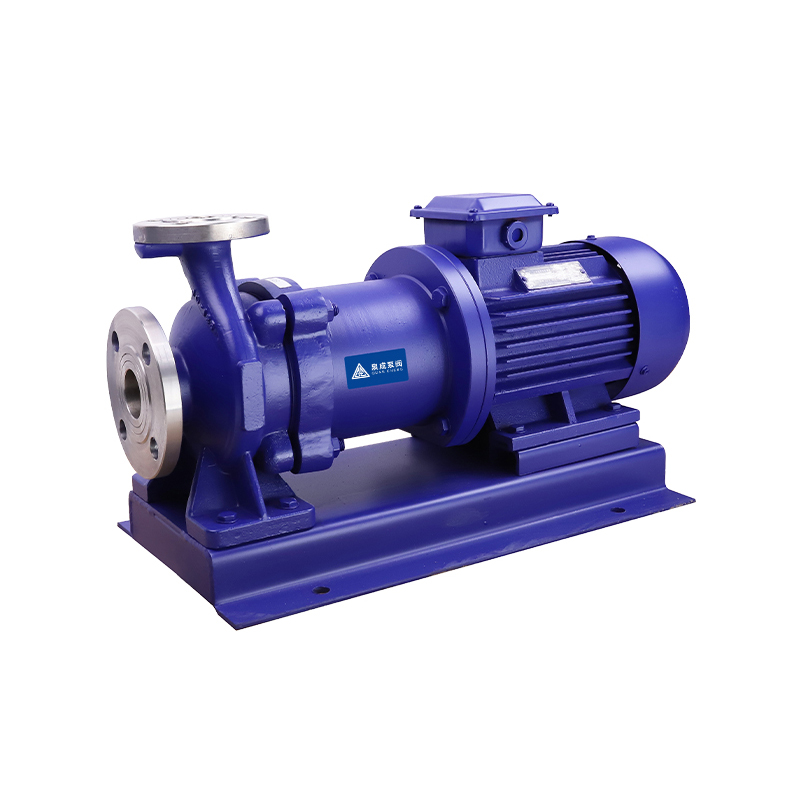
Energy efficiency: Optimized hydraulics and direct magnetic coupling minimize power losses.
Versatility: Suitable for a wide variety of liquids, including corrosive chemicals, solvents, acids, and flammable fluids.
Compact footprint: The seal-less design allows for a smaller, simpler pump configuration that fits into tight spaces.
Technological Developments
Recent advancements in magnetic drive centrifugal pump technology have focused on enhancing performance, durability, and user convenience:
Advanced containment shells: Use of high-performance alloys, ceramics, and composite materials improve corrosion resistance and thermal tolerance.
Stronger magnet materials: Neodymium-iron-boron magnets deliver higher torque density, enabling larger flow capacities and higher pressures.
Optimized impeller designs: Employing CFD (Computational Fluid Dynamics) to fine-tune hydraulic profiles reduces turbulence and enhances pump efficiency.
Intelligent monitoring: Integration of vibration sensors, temperature probes, and magnetic coupling status indicators facilitates predictive maintenance.
Modular construction: Allowing easy part replacement and customization to specific process needs.
Industry Applications Expanding Rapidly
Magnetic drive centrifugal pumps have found extensive use in various sectors where fluid containment and reliability are critical:
Chemical manufacturing: Safely transferring corrosive acids, alkalis, and solvents without risk of leaks or contamination.
Pharmaceutical production: Ensuring sterile, clean fluid transfer compliant with stringent sanitary standards.
Semiconductor fabrication: Handling ultrapure chemicals used in wafer processing where contamination control is critical.
Petrochemical and refining: Managing volatile hydrocarbons and hazardous additives while environmental impact.
Food and beverage: Transferring viscous syrups, flavorings, and cleaning agents under sanitary conditions.
Water and wastewater treatment: Managing aggressive chemicals and contaminated effluents safely.
Power generation: Circulating corrosive cooling fluids and chemical additives within closed-loop systems.
Market Drivers and Trends
Several global trends are propelling the growth of magnetic drive centrifugal pumps:
Stricter environmental regulations: Increasing mandates to prevent toxic spills and emissions make seal-less pumps attractive.
Emphasis on workplace safety: Reducing operator exposure to hazardous chemicals drives adoption of leak-proof pumping technologies.
Growing chemical and pharmaceutical sectors: Rising demand for reliable, contamination-free fluid transfer supports pump market expansion.
Focus on lifecycle costs: Companies seek pumps that lower total cost of ownership through reduced maintenance and energy consumption.


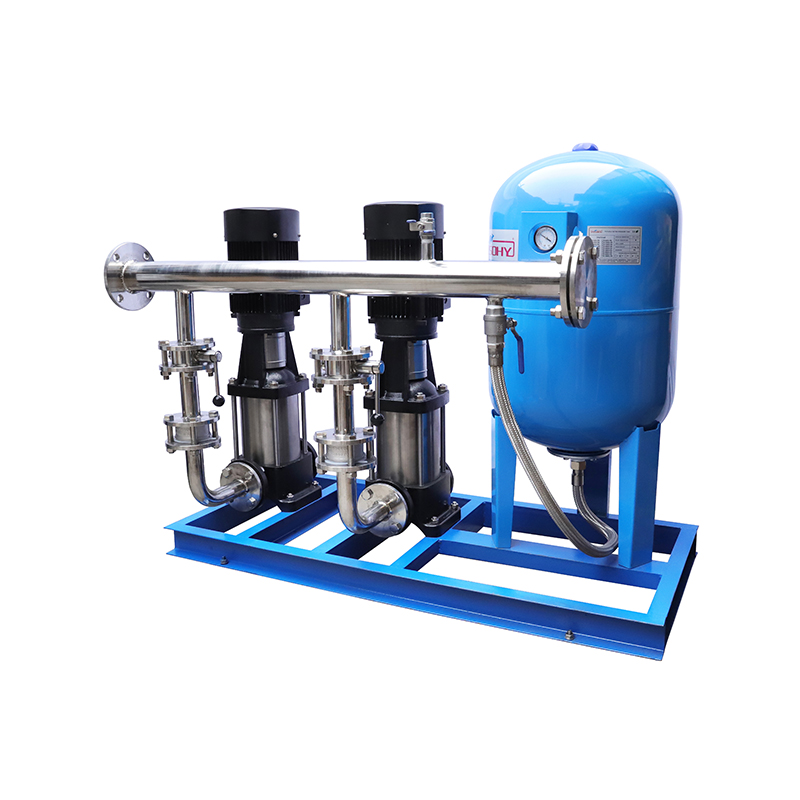
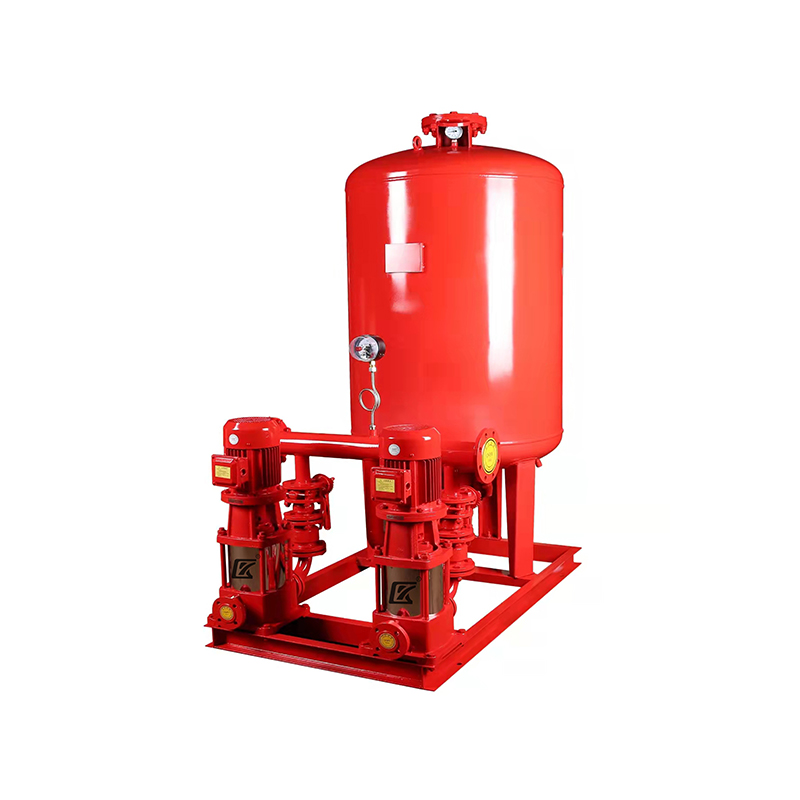
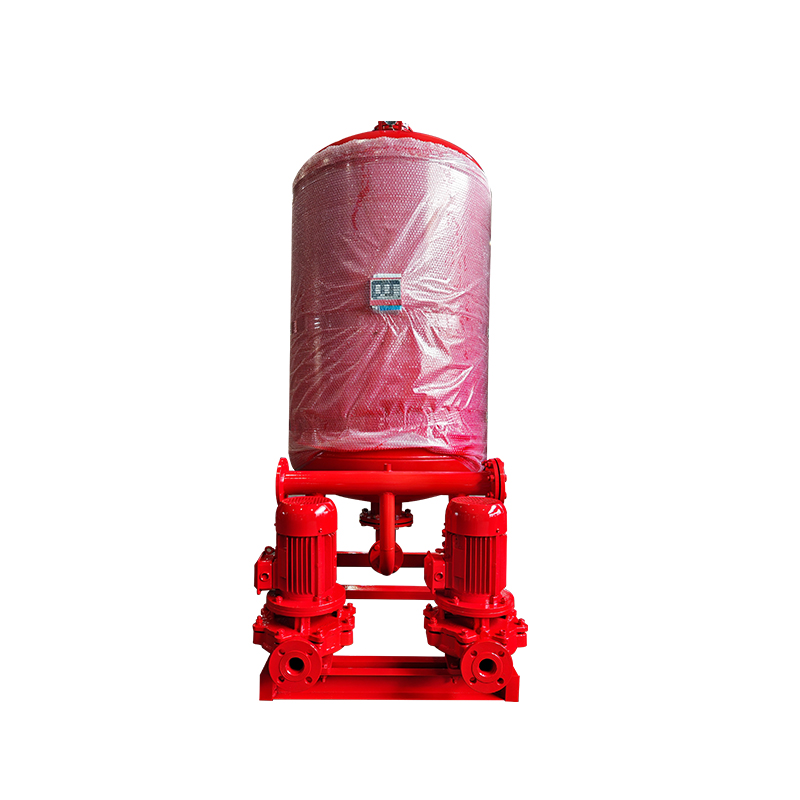

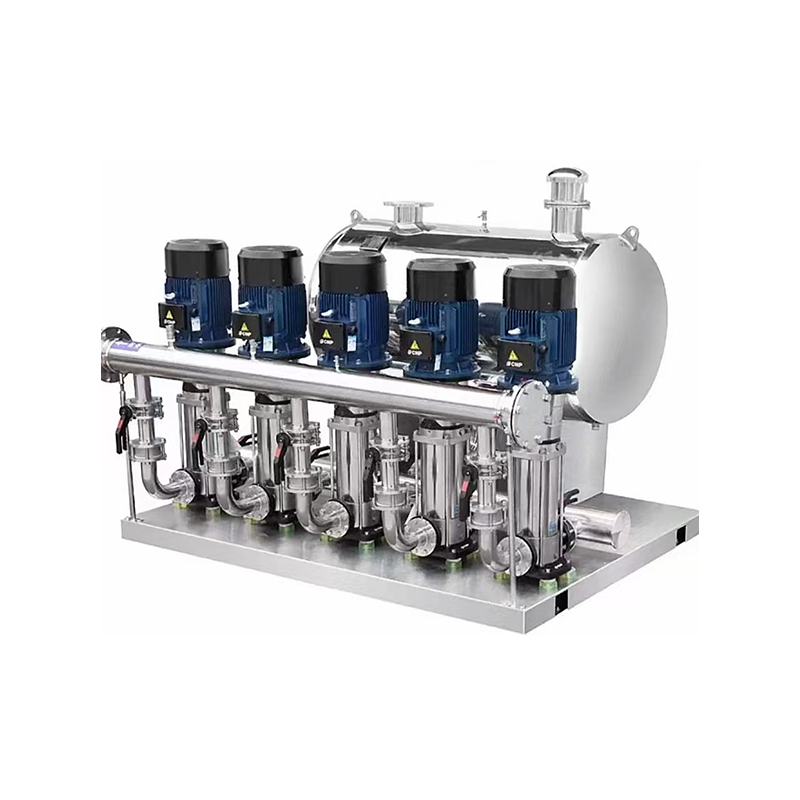
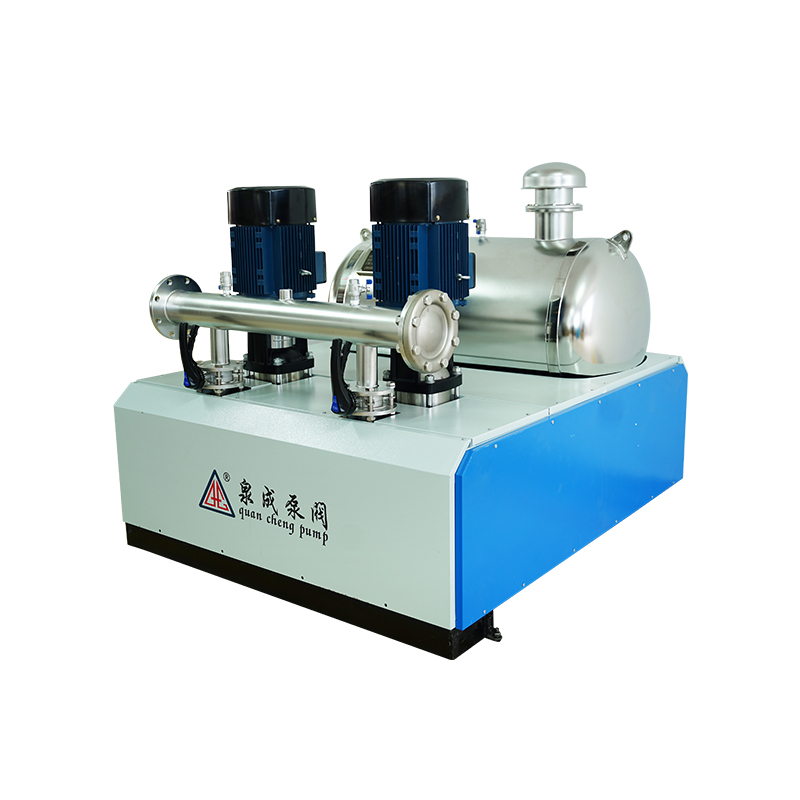
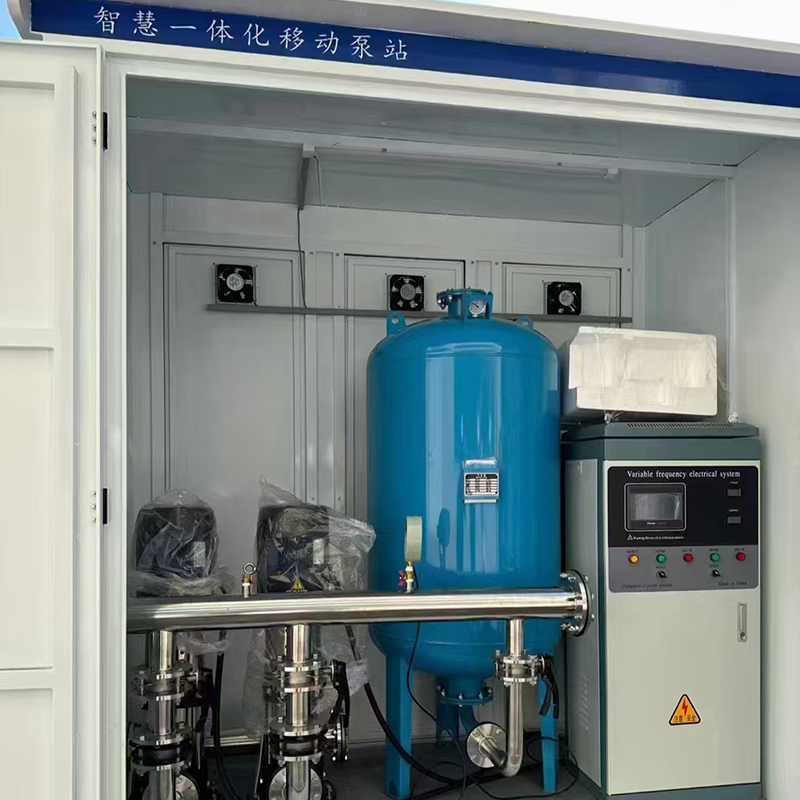
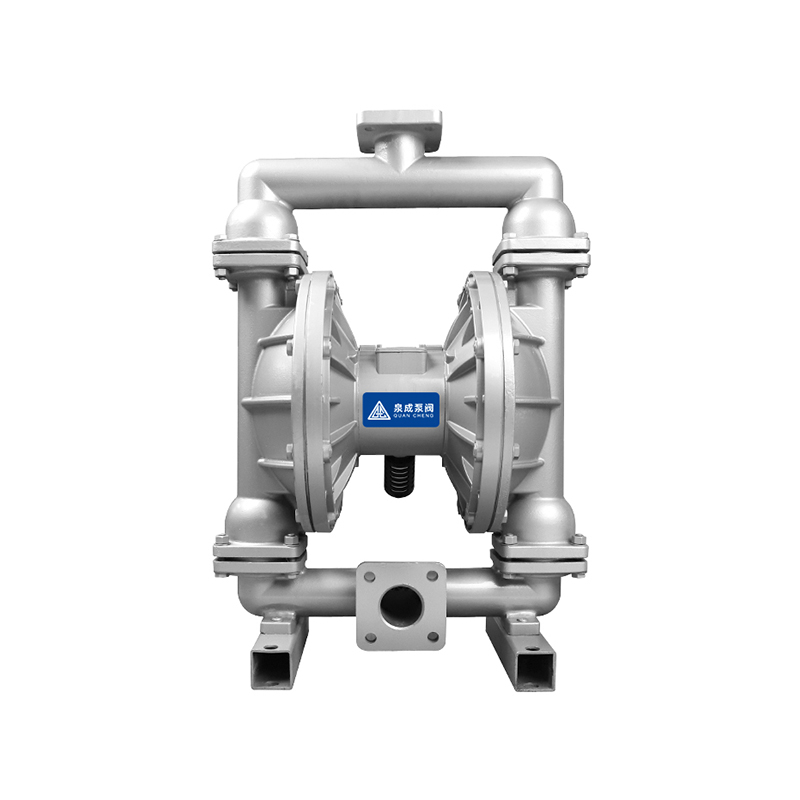
 浙公网安备33032402001888号
浙公网安备33032402001888号
